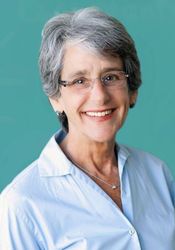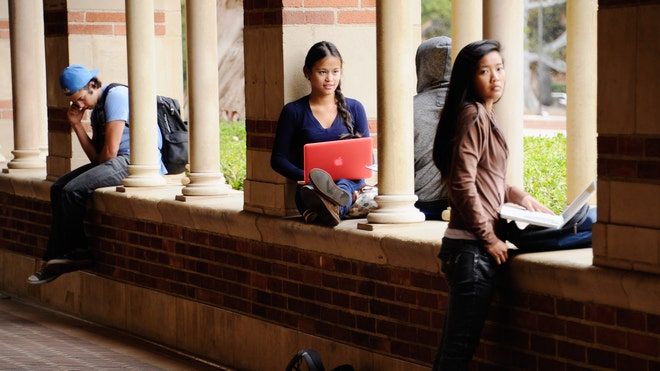SAN BERNARDINO >> Record-low voter turnout throughout the state, including San Bernardino County, had an anomaly Tuesday — significant turnout growth in the city of San Bernardino.
Out of about 77,000 registered voters, the vote on whether to change the city charter’s drew nearly 19,000 votes (all of this election’s turnout numbers will increase slightly as another 15,365 votes are counted countywide, according to the Registrar of Voters). That’s more than 50 percent more than voted in what elections officials thought was a “compelling” but disappointingly ill-attended February election that chose Carey Davis as mayor.
Measure Q still received votes from less than one in every four registered voters — a group that already consists of only a fraction of the city’s 210,000 residents.
 “It’s still nothing to be proud of,” City Clerk Gigi Hanna said. “Part of that might be people not feeling connected — but the way to be heard is to vote. It’s so sad that people let this issue, however you feel about it, be decided by such a small number of people.”
“It’s still nothing to be proud of,” City Clerk Gigi Hanna said. “Part of that might be people not feeling connected — but the way to be heard is to vote. It’s so sad that people let this issue, however you feel about it, be decided by such a small number of people.”
But the increase — a large one — comes amid almost universal drops in turnout. The national turnout isexpected to be the lowest in a midterm since World War II. California expects to fall below 2002’s record low. San Bernardino County’s 33 percent is almost certain to be a record low, according to Registrar of Voters Michael Scarpello.
So what’s different about this city, this year?
For one thing, people come out to vote when state and federal offices are on the line, said Fernando J. Guerra, director of the Thomas and Dorothy Leavey Center for the Study of Los Angeles at Loyola Marymount University and assistant to the president for civic enagement.
“You should have elections where the voters are,” Guerra said. “If people are voting in November of even years, that’s when you should have the elections.”
Guerra was head of a commission charged with finding ways to boost voter turnout in Los Angeles, whose first recommendation this year was to change the LA city charter to consolidate its elections with the state’s.











